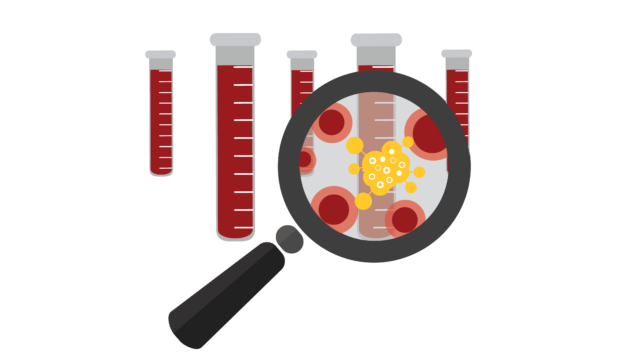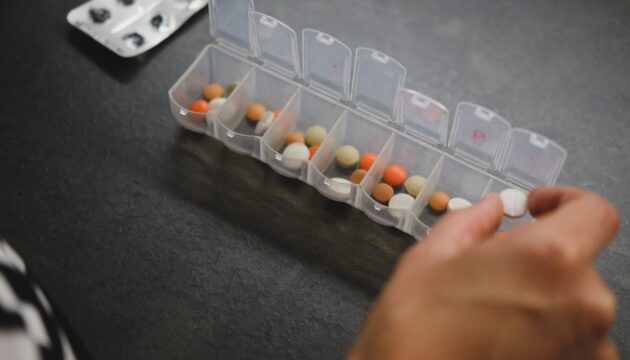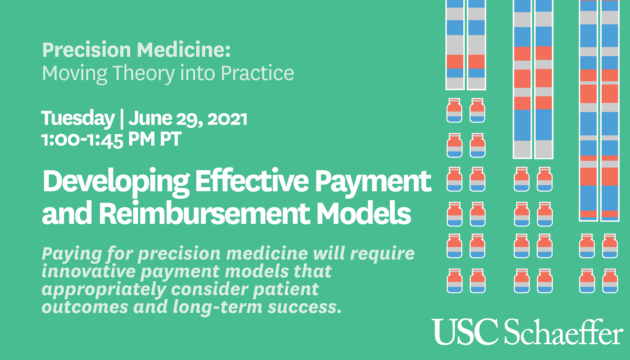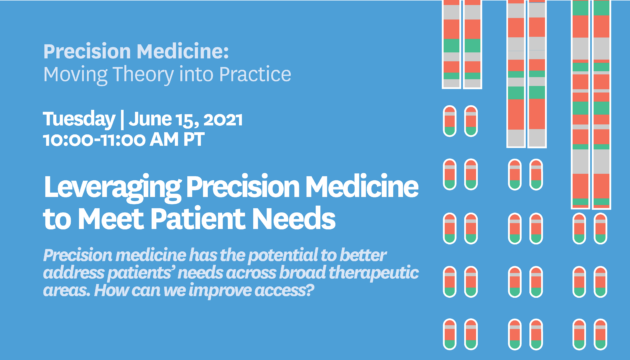Drug Pricing
Our work in Drug Pricing
-
A Framework for Categorizing and Analyzing Prescription Drug Pricing Reform Options
Schaeffer Initiative experts present a framework for categorizing and analyzing a wide range of proposed policy reforms for prescription drug pricing.
Categorized in -
Government Regulated or Negotiated Drug Prices: Key Design Considerations
Americans pay much higher prices for brand drugs than do people who live in other industrialized nations. Most Americans—79 percent—consider U.S. prescription drug prices to be unreasonable, with almost 3 in 10 reporting they go without prescribed medications because of cost. With 70 percent of Americans reporting that lowering drug costs is their highest healthcare priority, the Congress and the Biden Administration are considering how to lower US drug prices
-
Multi-Cancer Blood Tests Can Reduce Late-Stage Cancer Diagnosis in Black and Latino Patients
A new white paper published by the USC Schaeffer Center focuses on the potential benefit of multi-cancer early detection (MCED) blood-based tests to reduce disparities in late-stage cancer diagnosis among minority populations.
Categorized in -
Drug Rebates in Medicare Part D
On July 27, the USC-Brookings Schaeffer Initiative for Health Policy will host a webinar to discuss how the increasing reliance on rebates burdens many Medicare patients and policy solutions.
Categorized in -
Reducing Racial Disparities in Early Cancer Diagnosis With Blood-Based Tests
A new white paper published by the USC Schaeffer Center focuses on multi-cancer, early detection, (MCED) blood-based tests as one solution to reduce disparities in late-stage cancer diagnosis among minority populations.
Categorized in -
Comparison of Spending on Common Generic Drugs by Medicare vs Costco Members
A new Schaeffer Center study comparing Medicare Part D prescription drug prices with those paid by Costco members finds that the federal government overpaid on roughly half of the most common generic medicines in 2018.
Categorized in -
USC Research Shows Costco Beats Medicare in Generic Drug Savings Nearly 50% of the Time
Intermediaries negotiate good prices, but lack incentives to pass savings to beneficiaries and taxpayers.
Categorized in -
Developing Effective Payment and Reimbursement Models
Targeted therapies can come with significant costs. But successful use of personalized medicine can also result in better healthcare outcomes and reduced long-term costs over time. Given this, how we pay for these therapies may require new approaches and models.
-
Leveraging Precision Medicine to Meet Patient Needs
Precision medicine promises to reduce adverse side effects and time-consuming trial and error processes, but many patients do not know what it is and providers struggle to leverage it effectively.
-
Cost- Effectiveness of Total State Coverage for Hepatitis C Medications
A Medicaid-Medicare partnership could cover lifesaving hepatitis C medications — and still save $1 to $1.1 billion over 25 years.
Categorized in









